People Who Do Not Have A Social Life Of Any Kind As They Get Older Usually Have These 11 Sad Reasons
They're feeling more isolated and alone than ever.
 Inside Creative House | Shutterstock
Inside Creative House | Shutterstock There are a million tips and tricks to help people live longer and age gracefully, but according to experts from Harvard School of Public Health, it’s actually healthy connections and relationships that bring joy, longevity, and health into our lives. So, when someone is isolated or struggling to form a social circle, it’s not just about filling their schedule or finding things to do with free time, but protecting them from the consequences of loneliness.
From struggling with social anxiety to grappling with trauma that prevents them from opening themselves up emotionally, people who do not have a social life of any kind as they get older usually have these sad reasons. But, thankfully, it’s never too late to make friends, change your story, and take the reigns in your life, especially with the right knowledge and support.
People who do not have a social life of any kind as they get older usually have these 11 sad reasons
1. Their work became their entire identity
 Suwatchai Wongaong | Shutterstock
Suwatchai Wongaong | Shutterstock
For many people that put a lot of time, effort, and education into their jobs, it’s not uncommon for their professional careers to be an integral part of their identity. However, when things don’t work out, they struggle to succeed or find themselves burned out by their job. It’s not just professional stress, it’s a personal offense that throws their entire life off balance.
People who don’t have a social life of any kind as they get older may still be stuck in this cycle of an all-consuming career or realizing how much time they’ve wasted giving everything to a company that doesn’t support them in return. Especially later in life, it feels overwhelming to start building up a personal identity again, but it is possible.
2. They're still grappling with unresolved trauma
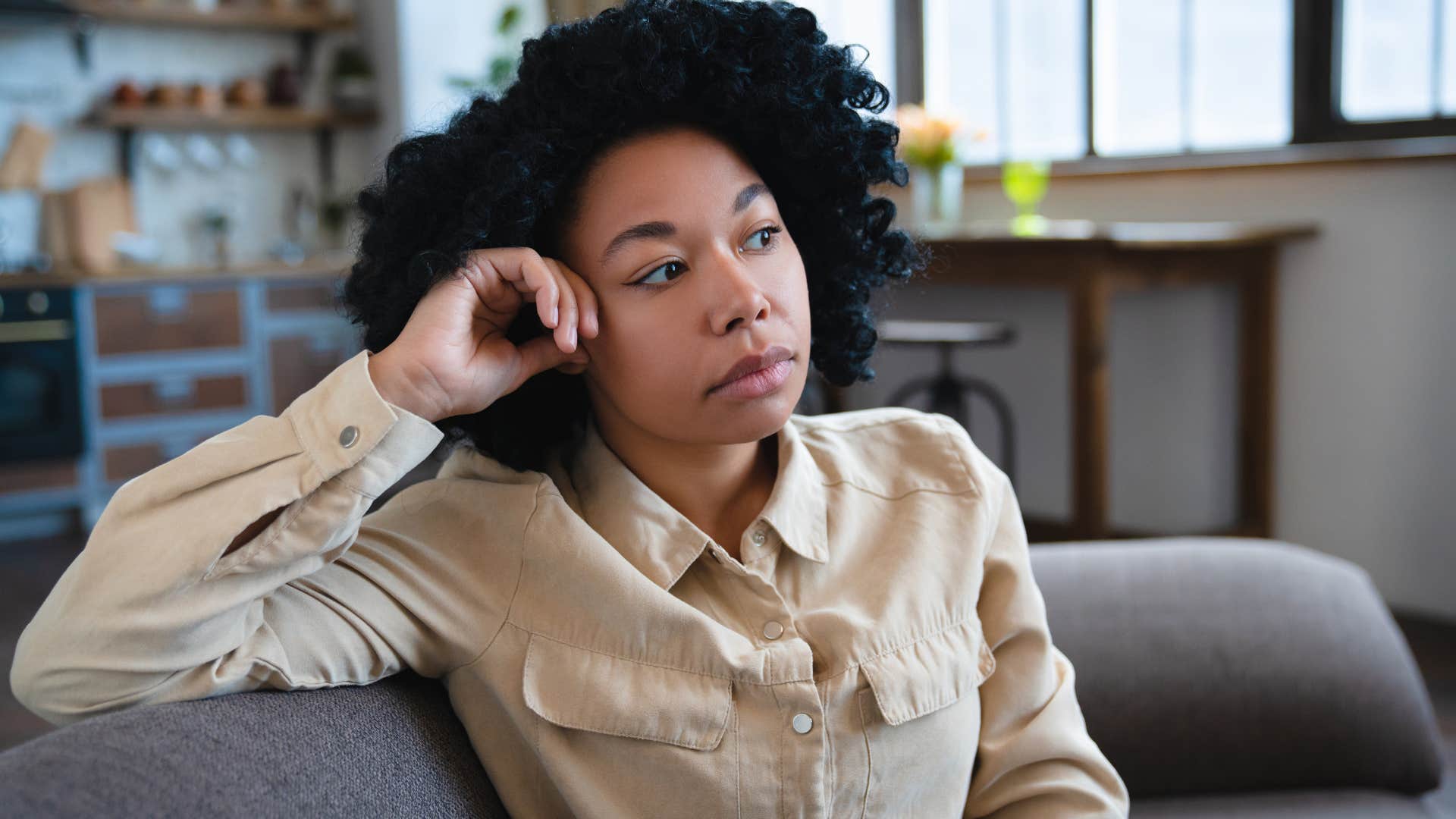 Inside Creative House | Shutterstock
Inside Creative House | Shutterstock
According to a study from Brain and Behavior, people who have lingering unresolved trauma are more at risk for social exclusion and feelings of loneliness. Not only does childhood trauma tend to negatively affect self-esteem in ways that make building relationships and communicating openly with others more difficult, it can sabotage the trust that’s necessary to build friendships and social circles.
From troubles setting boundaries to these difficulties with trust, it’s not uncommon for unresolved trauma to sabotage an adult’s ability to make friends until they lean into discomfort and truly heal it, at least according to psychotherapist Kaytee Gillis.
3. They have a history of toxic friendships
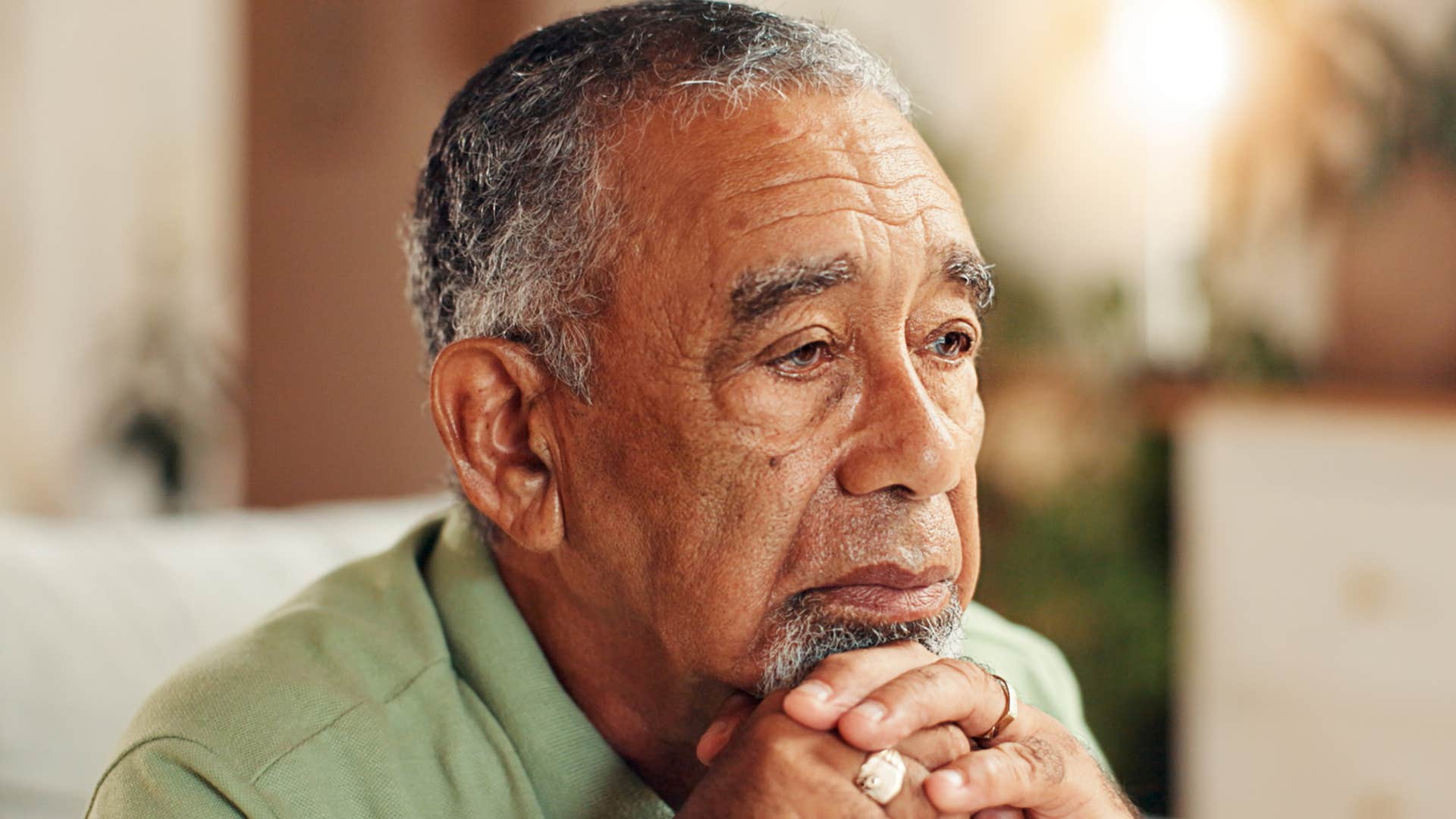 PeopleImages | Shutterstock
PeopleImages | Shutterstock
For people who have a long history of toxic relationships and often struggle with cultivating healthy friendships that add value to their lives, opening themselves up to a new connection or social circle can feel intimidating. They’ve now learned that closing themselves off and defending their vulnerability is the key to protecting themselves from toxicity, even if it also fends off healthy friends and partners.
Friendships do keep us healthy and protect our well-being as we get older, but when we isolate ourselves from connections to cope with the toxic ones, it can leave us feeling more lonely and excluded.
4. They're deeply insecure
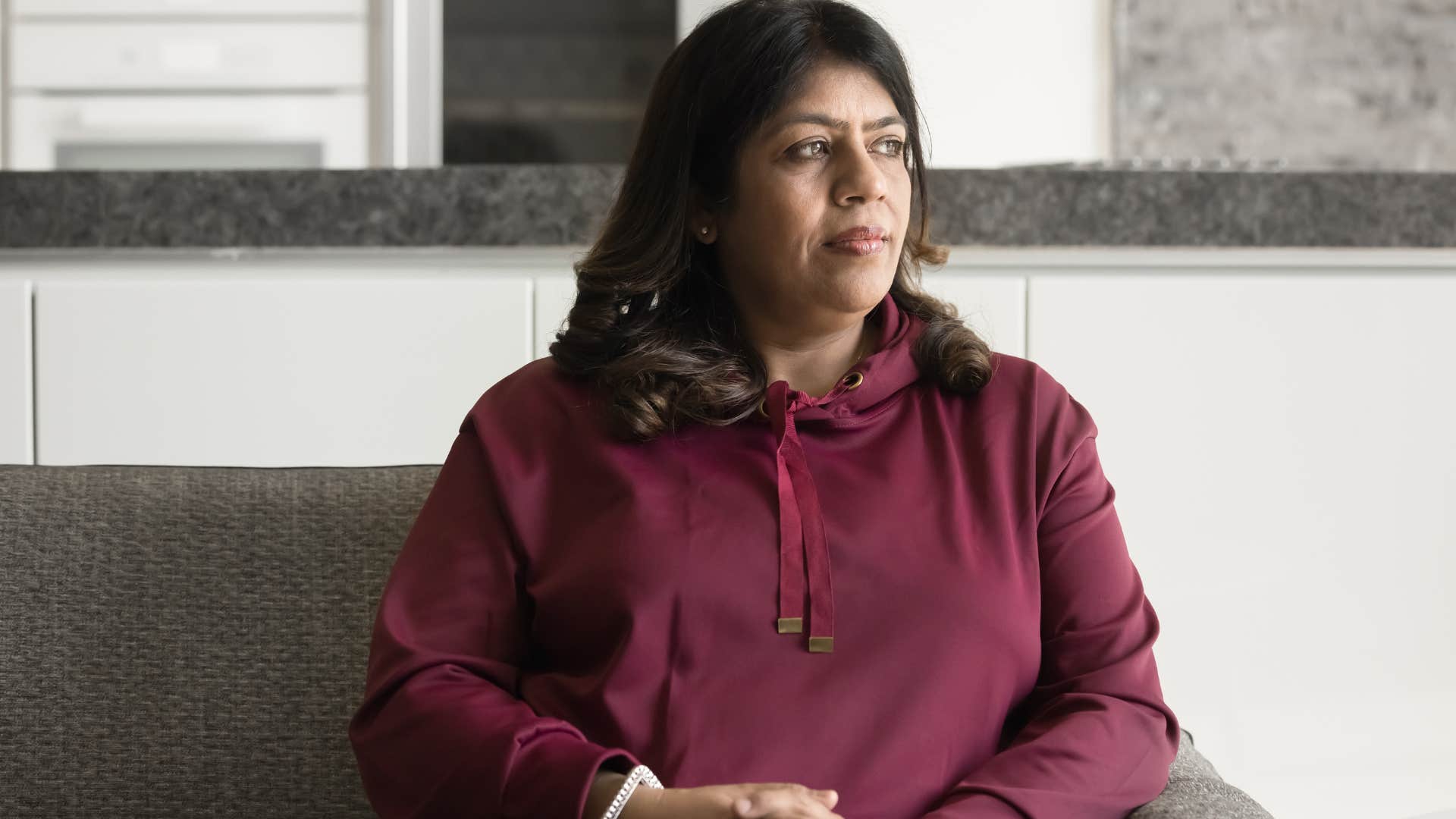 fizkes | Shutterstock
fizkes | Shutterstock
While insecurity often manifests itself in personalized and unique ways, it can sometimes sabotage friendships and new connections if they’re not careful. From yearning for external validation and attention to harming self-esteem with people-pleasing behaviors, the anxious attachment that sometimes grows in the face of insecurity can quickly harm the well-being of friendships later in life.
Especially considering everyone has a lot going on, partners and families to manage, and responsibilities to focus on in their everyday lives as adults, nurturing friendships sometimes looks a lot different than people expect. It takes a level of self-assuredness and internal security; otherwise, you’re always yearning for more attention and creating an unsustainable dynamic.
5. They never learned how to be a good friend
 Raushan_films | Shutterstock
Raushan_films | Shutterstock
For people who never learned how to be a good friend, nurturing a healthy social life as an adult may be much more difficult as they get older. Whether it was a lack of healthy parents to model this behavior for them at home or a history of toxic friendships that have warped the way they see platonic connections, people who do not have a social life of any kind as they get older usually have these sad reasons.
While friendships take work, just like any other relationship, to stay balanced and healthy, compassion lies a the heart. If you can be empathetic and compassionate to others, while still protecting your own well-being, you can be a good friend.
6. They've outgrown their old social circle
 PeopleImages | Shutterstock
PeopleImages | Shutterstock
Sometimes, outgrowing friendships and social circles is a natural part of life. It doesn’t necessarily mean you or anyone else has done something wrong — sometimes our values shift, our priorities change, and we don’t have the time, energy, or motivation to commit to certain friends anymore.
People who do not have a social life of any kind as they get older may have simply outgrown their old one, and now don’t have the time or energy to cultivate new friendships. Whether it’s stress from work, a busy home life, or a fear of the unknown with making new friends, this kind of life change can leave people feeling isolated and unsupported.
7. They're harboring internalized shame about their lifestyle
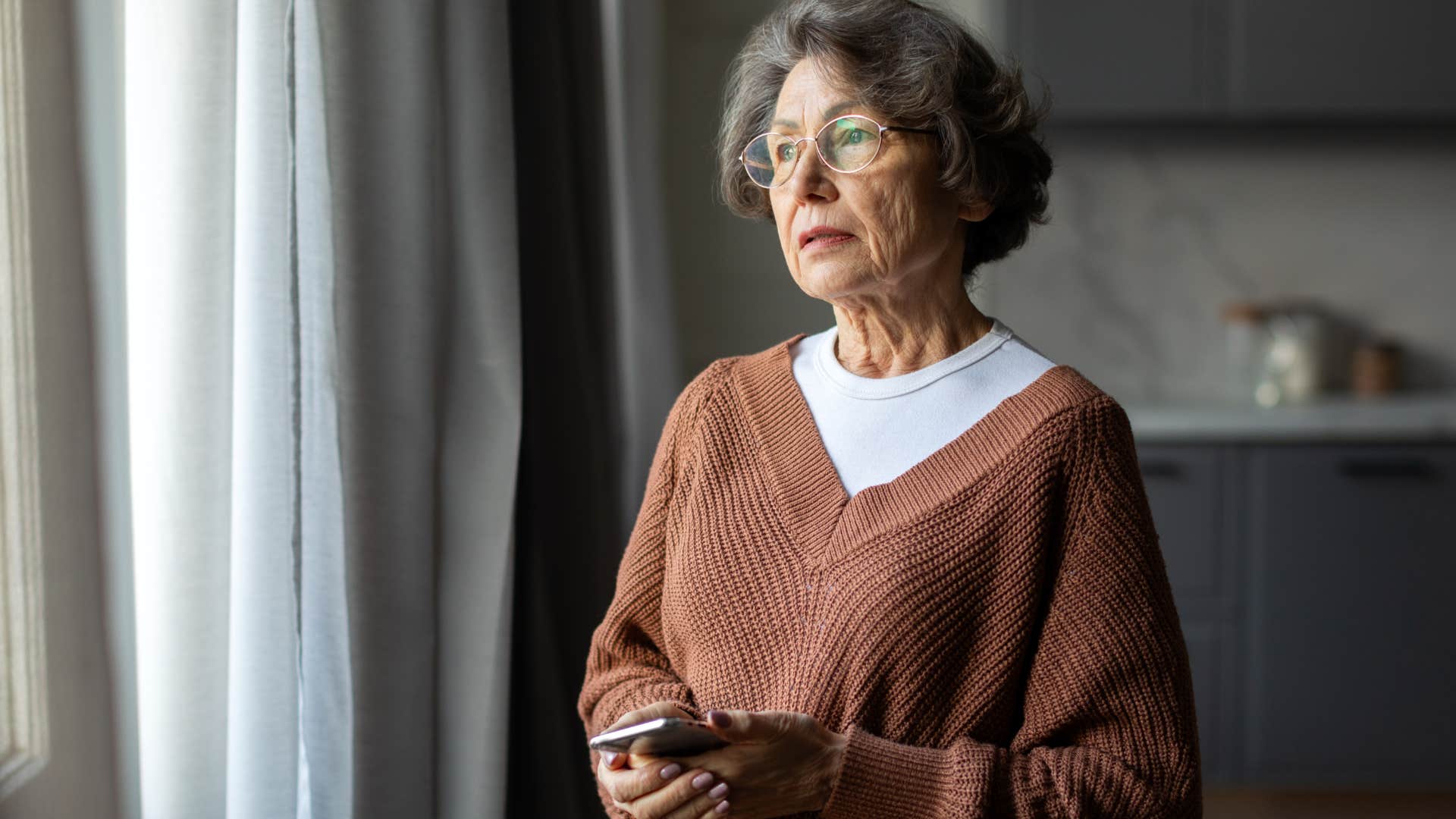 fast-stock | Shutterstock
fast-stock | Shutterstock
Whether it’s the shame of poverty many people harbor or feeling embarrassed about their physical appearance, people who do not have a social life of any kind as they get older may be coping with internal shame or insecurity by isolating themselves.
While the root causes of shame look different for everyone and sometimes even manifest in different ways, it often prompts loneliness, according to a study from Social Science & Medicine. Whether they’re isolating themselves entirely or surrounding themselves with people who don’t add value to their lives, this internalized shame can sabotage social interactions and a person’s social life quickly.
8. They're hyper-independent to a fault
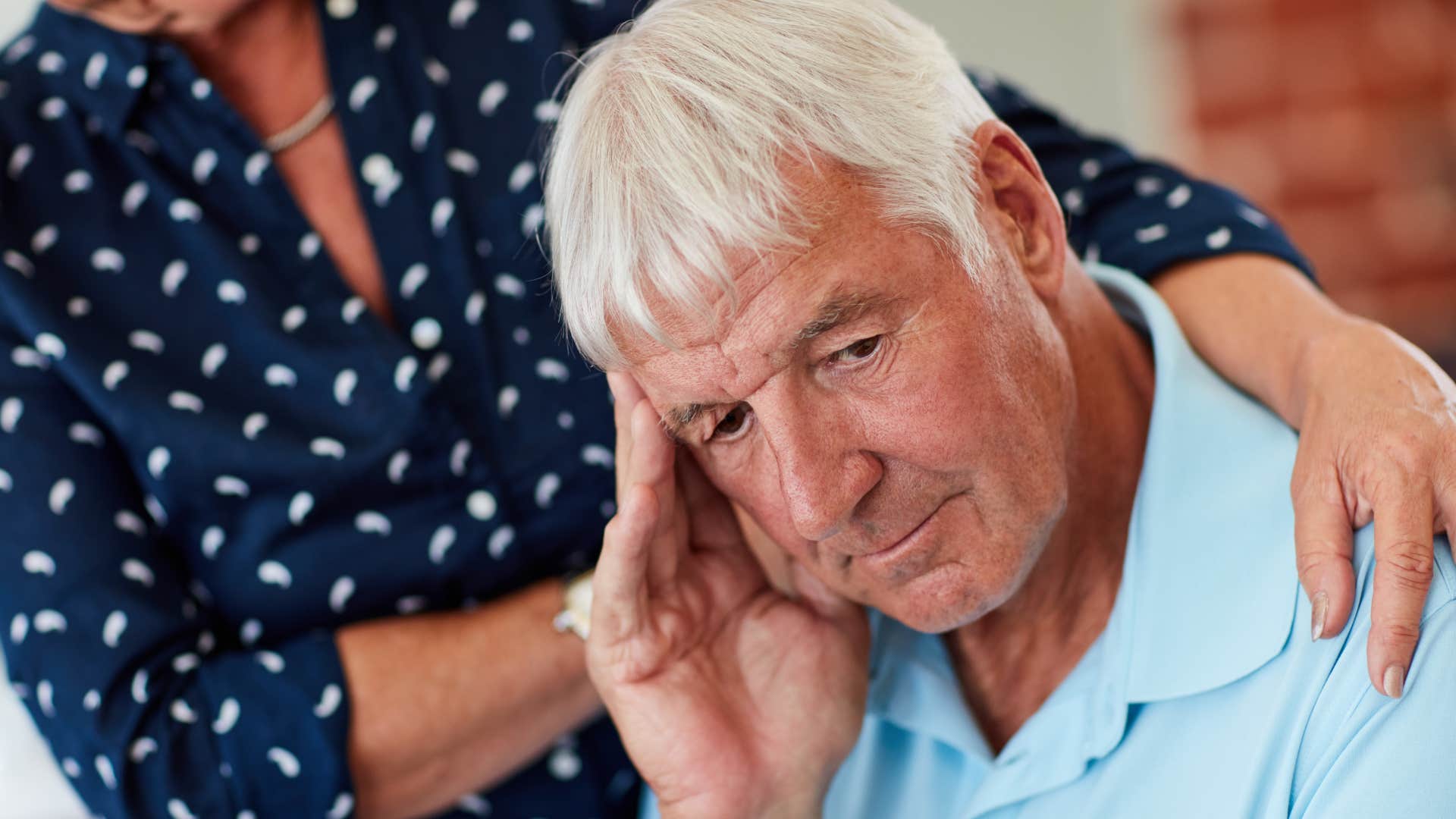 PeopleImages | Shutterstock
PeopleImages | Shutterstock
Many people who have clung onto their hyper-independence as adults are still grappling with unresolved trauma. Whether it’s a past relationship or childhood trauma, this kind of independence is rooted in a desire for autonomy and control, like a study from the Research Journal of Psychology suggests.
They’ve convinced themselves that they don’t need anyone, so they no longer put effort into maintaining relationships and friendships.
9. They're misunderstood as an introvert
 Bonsales | Shutterstock
Bonsales | Shutterstock
Part of the harsh reality of being an introvert is that you’re often misunderstood for your basic needs. Whether it’s being quieter than extroverts in a conversation or needing alone time from social interactions to recharge, the basic needs of an introvert are often misconstrued in unhelpful ways by potential friends and partners.
However, being an introvert doesn’t mean that you can’t enjoy social interactions or have friends — it simply means you have to find a good balance between the alone time you need to thrive and the social time you need to make connections with people.
10. They're still figuring themselves out
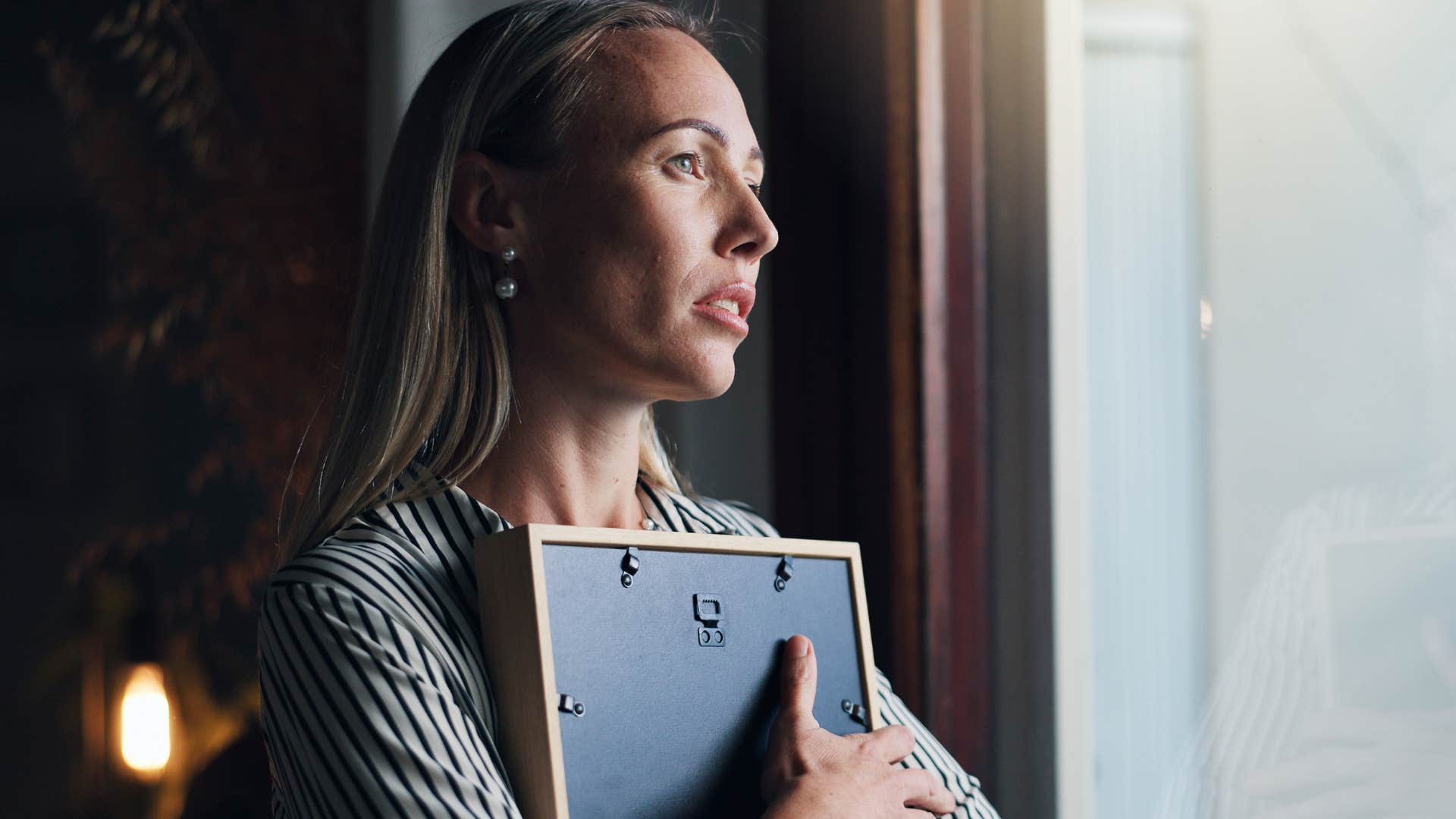 PeopleImages | Shutterstock
PeopleImages | Shutterstock
Whether it’s coming out of a midlife crisis, dealing with big life changes and loss, or experiencing an identity shift later in life, people who do not have a social life of any kind as they get older may still be getting their footing in life.
Making friends when you don’t know who you are is much harder than seeking out people to connect with from a self-assured perspective. If these people are still trying to figure out who they are, what they want, and the meaning of their life, chances are they’ve isolated themselves from making new friends completely.
11. They're struggling to find a safe space
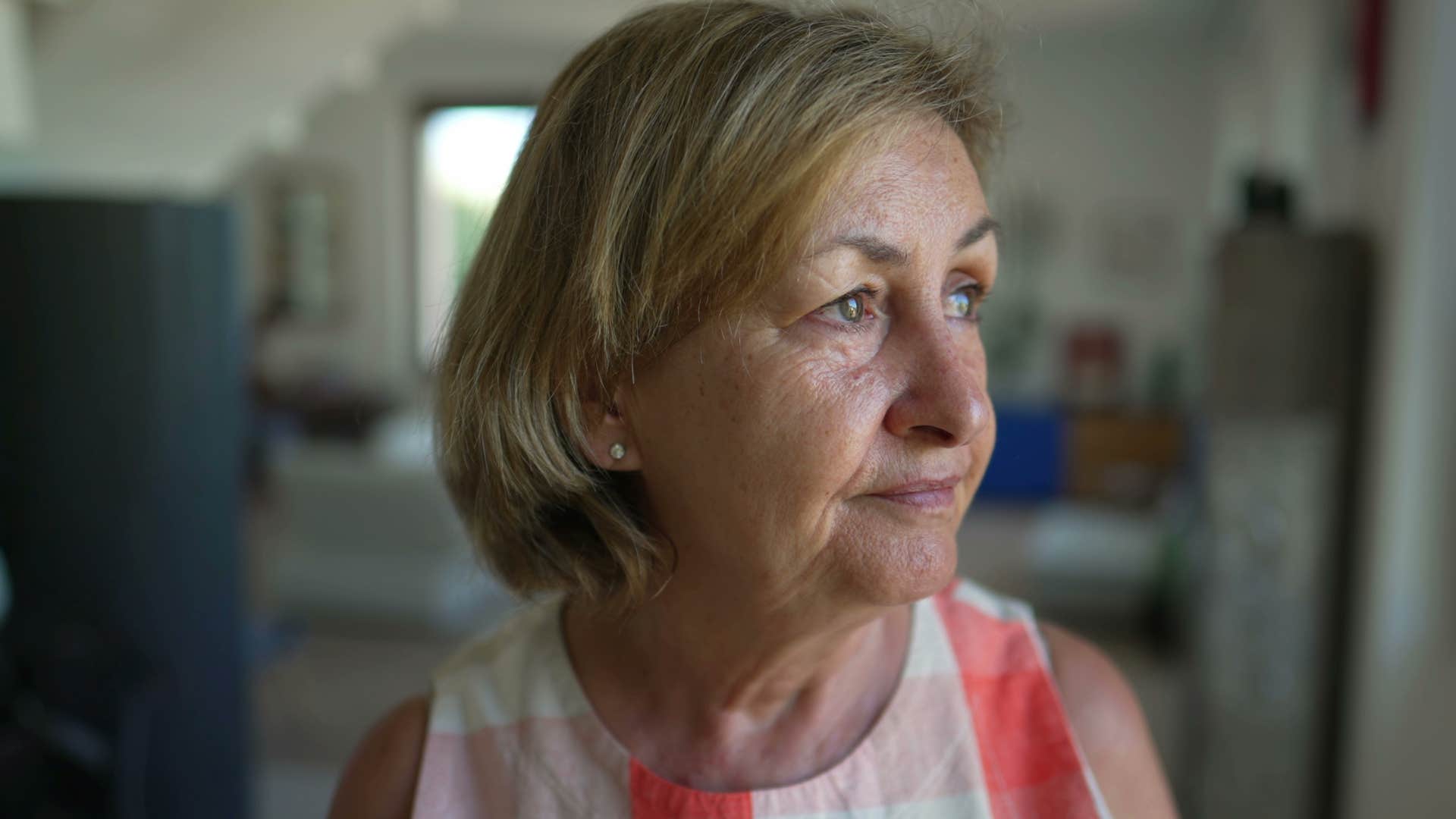 Bricolage | Shutterstock
Bricolage | Shutterstock
Especially in today’s world, where third places are being commodified and community is much harder to find in the world, it’s not surprising that some are struggling to make friends and grow social circles.
Whether it’s a limited geographical area, where they can’t find people with shared identities or interests to bond with, or a financial struggle that keeps them stuck inside the house, there are tons of reasons that keep people from building new friendships.
Of course, there are still tips for finding this community and building friendships in our world that can ease the burdens of loneliness and isolation, but for many people, they’re barely keeping their heads above water.
Zayda Slabbekoorn is a senior editorial strategist with a bachelor’s degree in social relations & policy and gender studies who focuses on psychology, relationships, self-help, and human interest stories.

